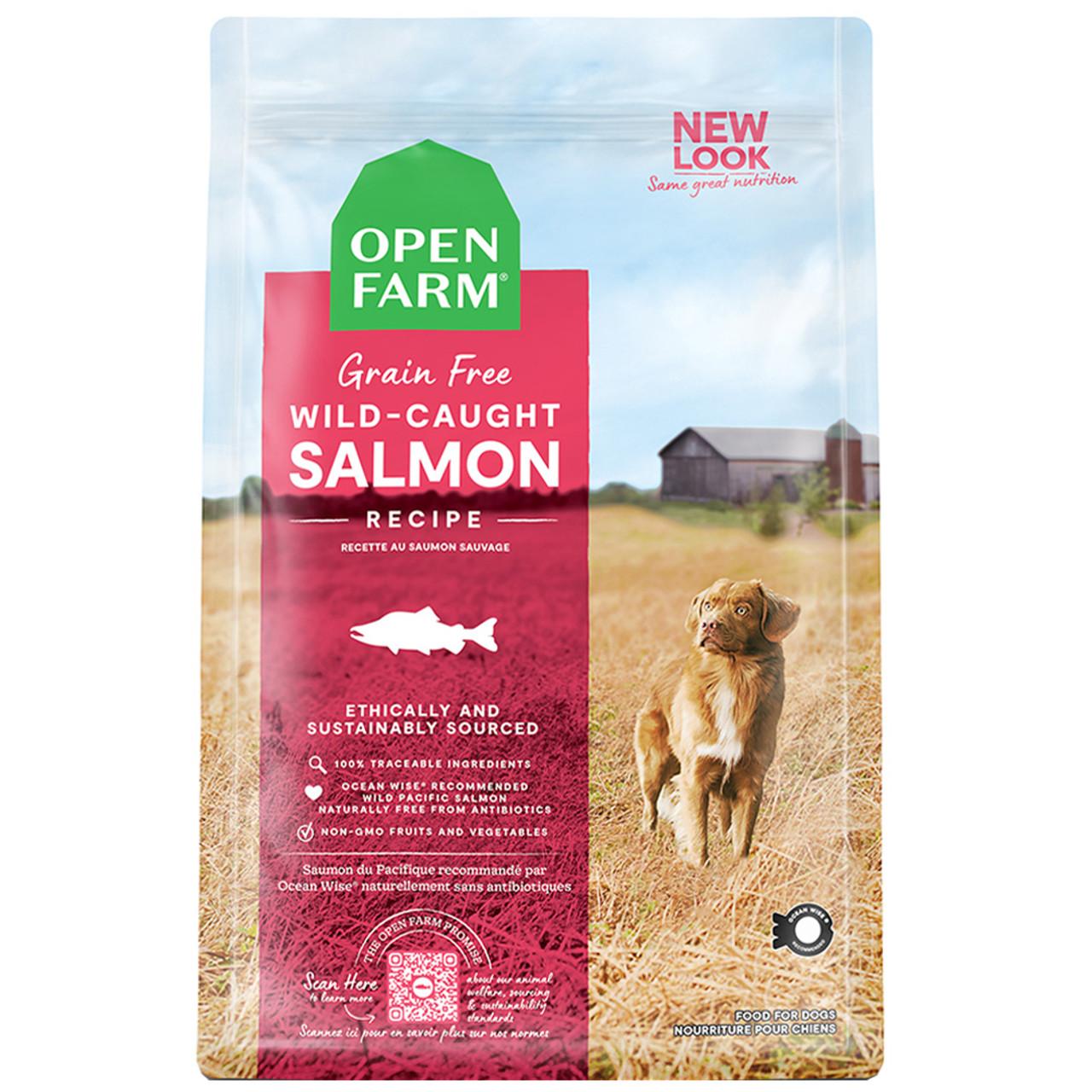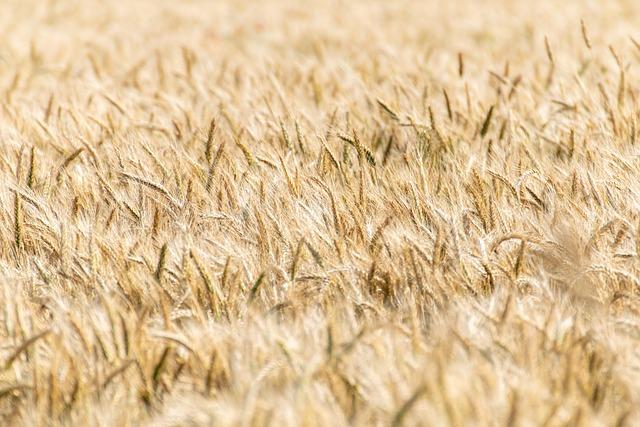When it comes to choosing the right food for our furry companions, the plethora of options and conflicting advice can leave even the most dedicated pet owners feeling overwhelmed. Among the many debates in the world of canine nutrition, the role of grains in dog food is particularly polarizing. Are grains a nutritious component of a balanced diet, or are they merely fillers with little to no benefit for our pets? In this article, we aim to unravel the truth about grains in dog food, providing you with the knowledge needed to make informed decisions for your beloved dog’s health and well-being. With a warm and instructive approach, we’ll explore the nutritional value of grains, address common misconceptions, and guide you through selecting the best diet for your four-legged friend.
Understanding Grain Ingredients and Their Role in Canine Nutrition
Grains in dog food often spark debates among pet owners, but understanding their role can help in making informed decisions for your furry friend’s diet. Grains like rice, barley, and oats are not merely fillers; they serve as significant sources of essential nutrients. Whole grains are rich in dietary fiber, promoting healthy digestion and maintaining optimal weight by providing a sense of fullness. They are also packed with vitamins and minerals such as B vitamins, iron, and magnesium, which support energy production and overall well-being.
- Carbohydrates: Offer a reliable energy source to fuel your dog’s daily activities.
- Fiber: Supports digestive health and helps prevent constipation.
- Protein: Some grains contribute plant-based protein, which complements animal proteins.
While some dogs thrive on grain-inclusive diets, others might require grain-free options due to specific allergies or sensitivities. It’s crucial to observe your dog’s response to different ingredients and consult with a veterinarian to tailor a diet that suits their unique needs. Remember, a balanced diet is key to a happy and healthy pup!

Decoding Grain-Free Diets: Are They Truly Better for Your Dog?
As pet parents, we’re often bombarded with advice about what’s best for our furry companions, and one of the hottest debates is whether grain-free diets are a healthier choice. The truth is, grains are not inherently bad for dogs. In fact, they can provide essential nutrients such as fiber, vitamins, and minerals. However, certain dogs may have specific allergies or sensitivities to grains, which could make a grain-free diet beneficial for them.
When considering a grain-free diet, it’s important to focus on the overall nutritional balance of the dog food. Here are some key points to keep in mind:
- Protein Source: Ensure the food has a high-quality protein source, like chicken, beef, or fish, which should be the primary ingredient.
- Carbohydrate Alternatives: Look for alternative sources of carbohydrates, such as sweet potatoes or peas, that provide energy and nutrients.
- Veterinary Advice: Always consult with your veterinarian before making significant changes to your dog’s diet to ensure it’s the best choice for their health.
Ultimately, the decision to go grain-free should be based on your dog’s unique needs and health status, rather than trends or marketing claims.

Identifying the Right Grains for Your Dogs Health and Well-being
When it comes to selecting grains for your dog’s diet, it’s important to focus on those that provide optimal nutrition and support overall well-being. Whole grains are often the best choice as they retain more nutrients compared to processed grains. Consider incorporating the following into your furry friend’s meals:
- Brown Rice: A highly digestible grain that offers a good source of fiber and essential vitamins.
- Oats: Known for their calming properties, oats are rich in antioxidants and can help soothe your dog’s digestive system.
- Quinoa: A complete protein source that is gluten-free and packed with essential amino acids.
- Barley: Provides energy and contains soluble fiber, which can support healthy digestion.
Choosing the right grains not only boosts your dog’s energy levels but also contributes to a shiny coat and healthy skin. Remember, moderation is key, and it’s always wise to consult with your veterinarian to tailor the best grain-inclusive diet for your pet’s specific needs.

Expert Recommendations for Balancing Grain in Your Dogs Diet
When it comes to ensuring your furry friend gets the best nutrition, experts often suggest incorporating a balanced amount of grains in their diet. Grains can be a great source of essential nutrients, including fiber, vitamins, and minerals, which support overall health. Whole grains like brown rice, barley, and oats are particularly beneficial as they are less processed and retain more nutrients. Remember, it’s crucial to tailor the grain content to your dog’s specific needs, as factors like age, breed, and activity level can significantly impact dietary requirements.
- Consult with your veterinarian: Before making any changes, seek advice from a professional to understand the specific needs of your dog.
- Opt for whole grains: Choose dog foods that list whole grains as a primary ingredient to ensure quality nutrition.
- Monitor portion sizes: Overfeeding grains can lead to weight gain, so balance them with proteins and fats.
- Observe your dog’s reaction: Pay attention to any digestive issues or allergies, as some dogs may have sensitivities to certain grains.
By following these guidelines, you can provide a diet that promotes vitality and happiness in your beloved pet.

